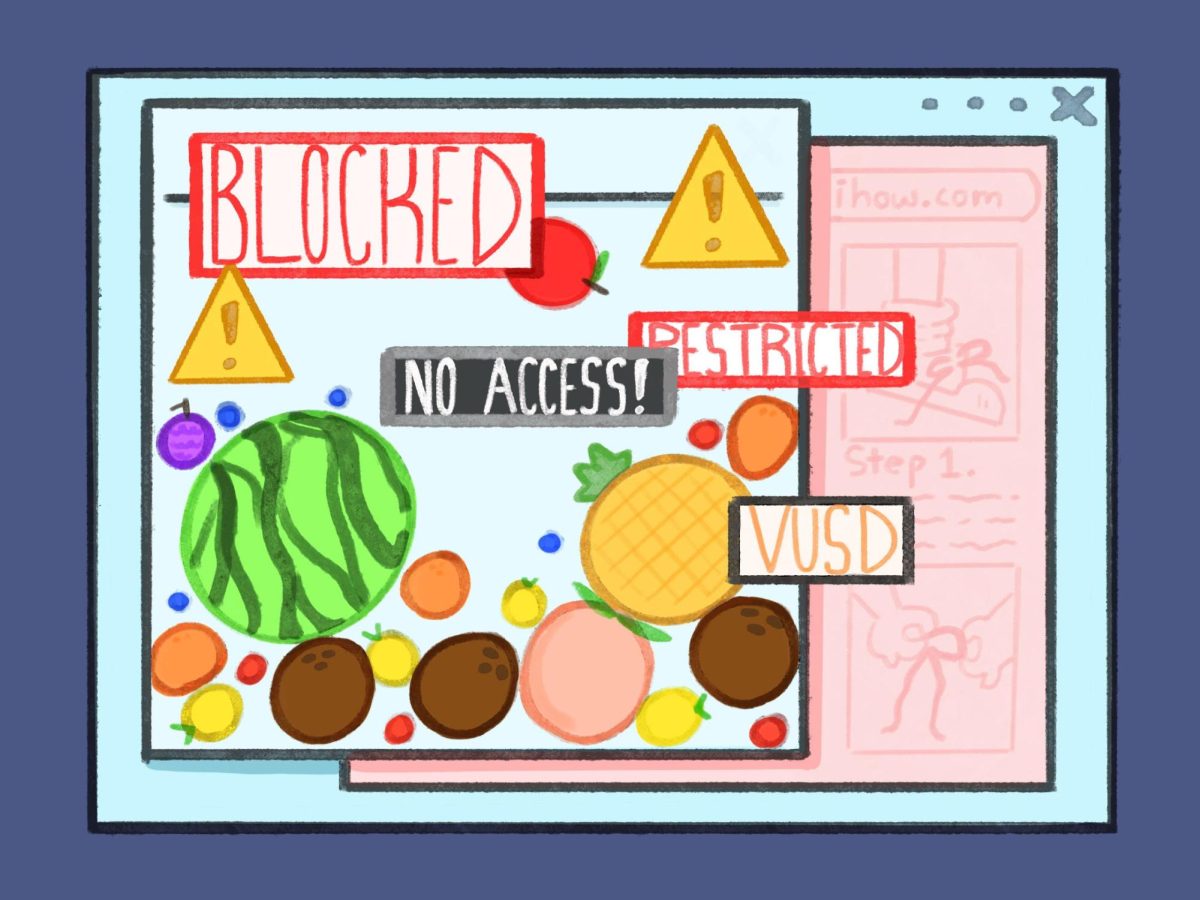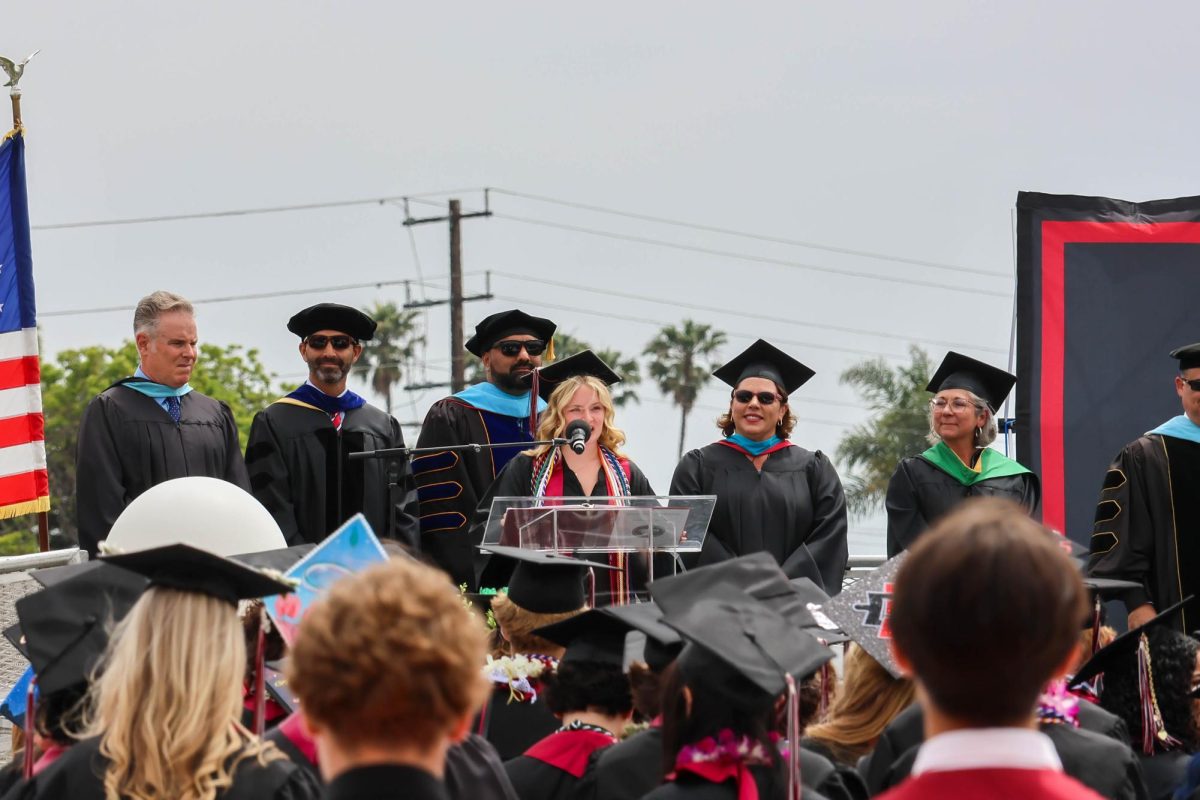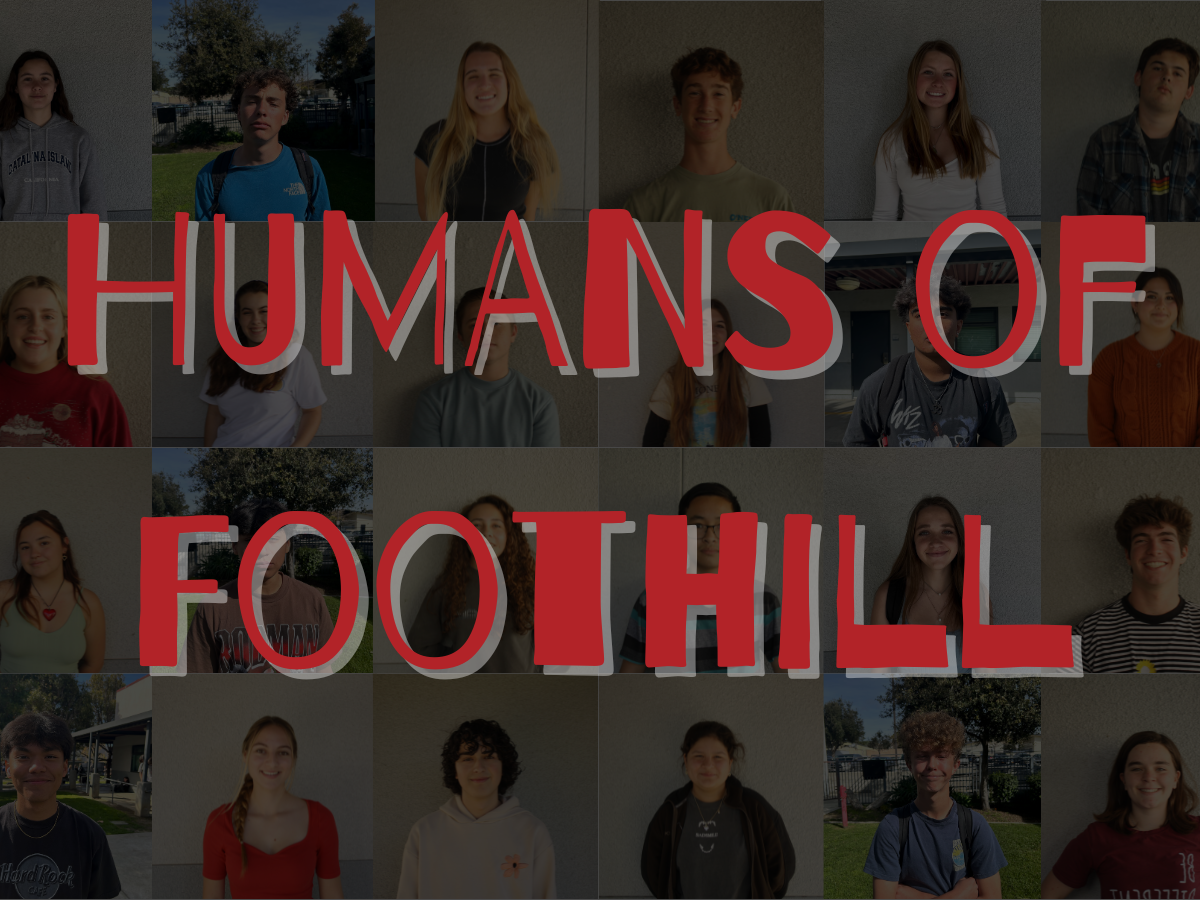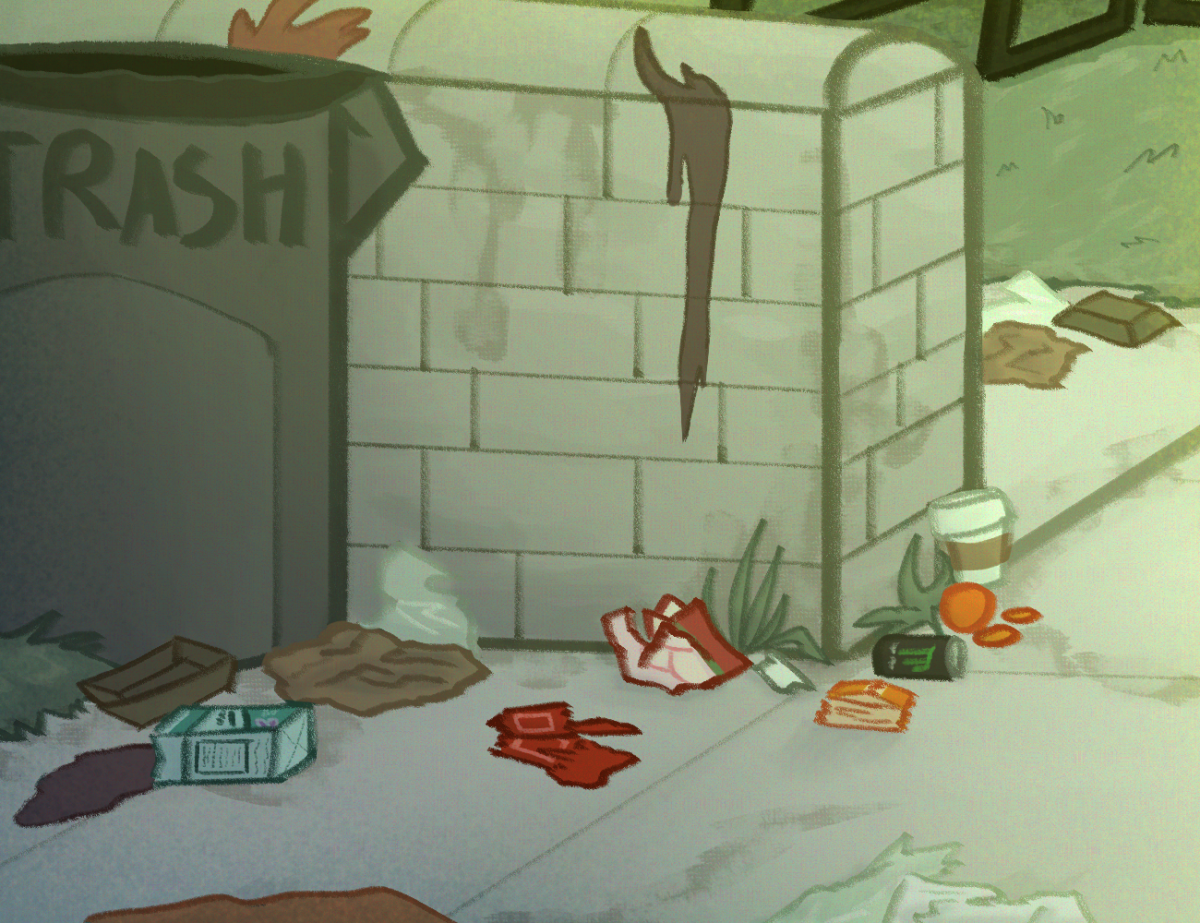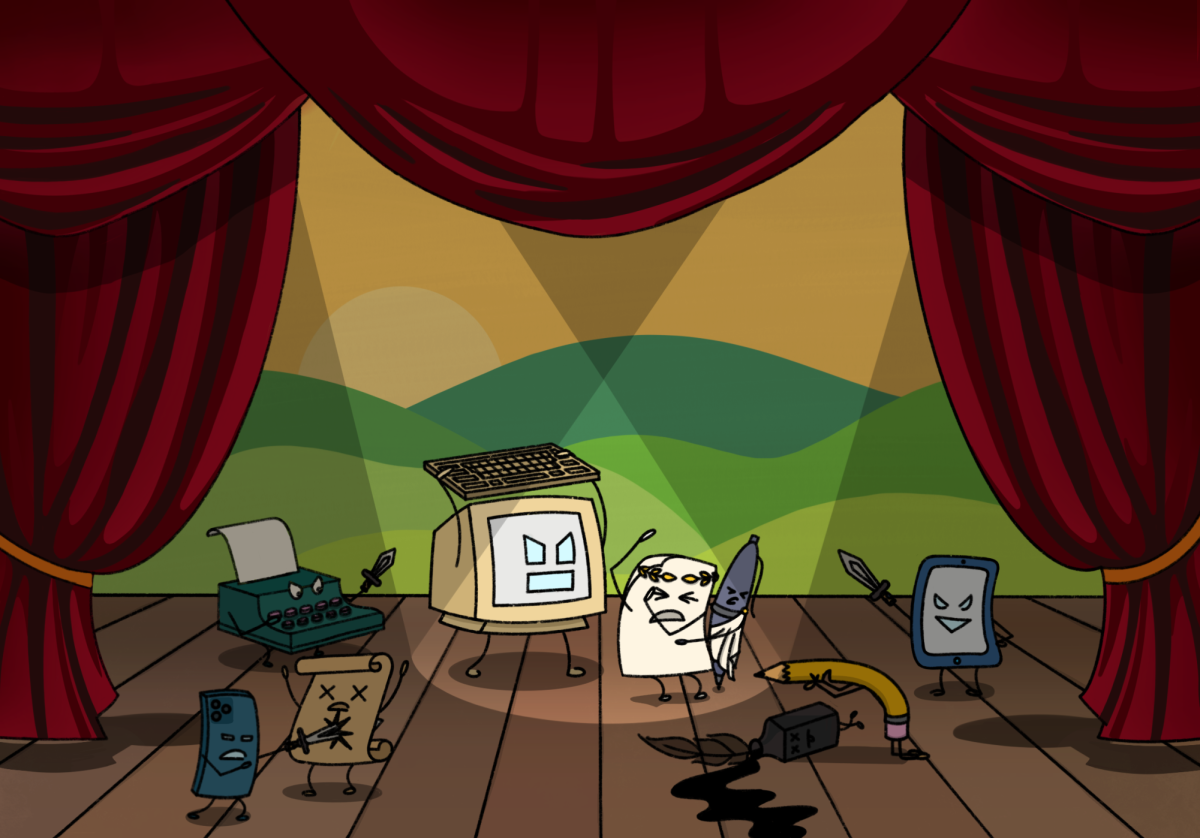In the age of digital innovation and technological advancement, the debate over censorship within educational settings continues to spark discussion among educators and students, who have very different views on this matter.
In 2000, Congress passed CIPA, leading to each district and school now having different rules and restrictions regarding the use of technology both during and outside of class. These restrictions are specifically on school-issued devices that are on controlled accounts. These restrictions typically include blocking games that may distract students during class or any website that may include inappropriate information or content. However, this begs the question as to what extent certain websites should be censored.
Despite almost all of the websites that have games on them being restricted on school devices, many students still manage to work around these restrictions and find more secretive websites that aren’t blocked. Although students who play these games during class could potentially be missing out on important information, these games can be beneficial to captivate the attention of some students who have a difficult time focusing. The games can help maintain their interest in learning, as it gives them a break from the repetition of sitting in class day after day.
For some teachers, however, it can be difficult to find lessons, articles or videos that align with their teaching points, as many topics deemed “controversial” for younger ages are what is taught in middle or high schools. Many times, teachers struggle to get approval from the district for students to view a certain article or video. It can be quite frustrating for both students and teachers to navigate through these situations because teachers usually just want to provide the students with a thorough understanding of what they are teaching.
What ends up being censored on school devices are websites that could be used for educational purposes rather than the actual distractions. Websites like Wikipedia and Quora are even being censored in some situations, despite being foundational platforms for basic research. Meanwhile, students still find ways around these restrictions and end up playing games anyway.
The question still stands as to whether or not school districts should be more lenient with censorship on school-issued devices. However, what seems to be the case in many situations is that students and teachers end up overriding these restrictions, typically for educational purposes, or for some students, as a way to provide an easy distraction from the tedious school day. On the other hand, if this freedom was given to students, it could be possibly abused and used for purposes that could result in negatively affecting their learning. However, as long as students know and understand boundaries, the districts should grant access to websites that could be potentially useful for the learning process. This way, students can utilize creativity and innovate ideas that may be stifled by overly strict censorship, allowing them to explore a variety of resources that could foster creativity and original thinking.

